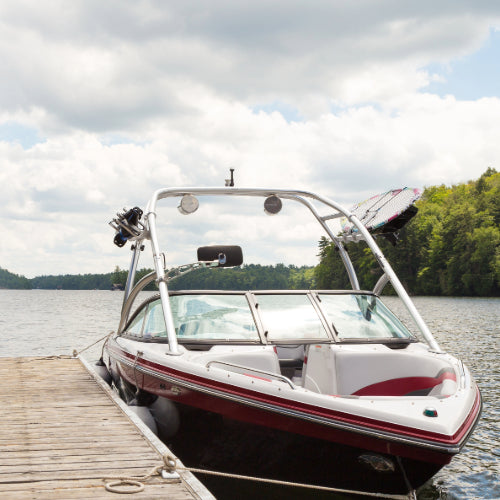

The Short Answer
Texas does not legally require boat insurance to operate a personal watercraft or boat.
However, your marina might require proof of liability coverage if you plan to dock your vessel there. And if you’re financing or leasing your boat, your lender will likely require comprehensive and collision coverage to protect their investment.
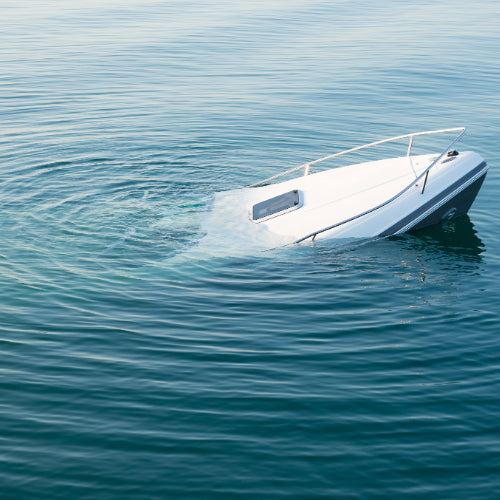
Common Boat Insurance Coverages
1. Liability Coverage
This covers you if you're responsible for injuries to others or damage to their property while operating your boat. Even on Texas lakes or bays, accidents can happen, and liability coverage helps protect your assets if you’re found at fault.
2. Comprehensive and Collision
These protect your boat from physical damage:
- Comprehensive: Covers non-collision damage like theft, vandalism, fire, or hail, even while the boat is in storage.
- Collision: Covers damage from collisions with another boat, dock, or underwater object.
These coverages are especially important if your boat is financed or if you simply want to avoid paying out of pocket for major repairs or accidents.
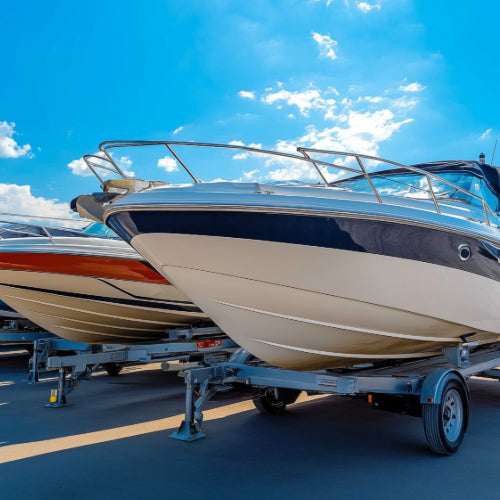
What About When the Boat Is In Storage?
Your boat still faces risks when it's not in use. Comprehensive coverage can step in if your stored boat is damaged by severe Texas weather, vandalized, or even stolen.
Keeping coverage active during the off-season means you're always protected, and you don’t have to worry about restarting your policy when boating season rolls around.
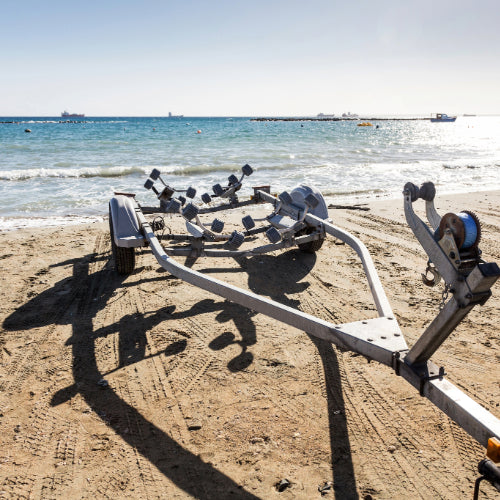
Should You Insure a Boat Trailer?
Boat trailer insurance isn’t required in Texas, but trailers can be expensive to repair or replace. Many policies allow you to add your trailer as part of your boat insurance package, covering damage caused by accidents, theft, or even fire.

What If Your Boat Is Older or Inexpensive?
Even if your watercraft isn’t worth a lot, liability coverage is still worth considering.
Boating accidents can lead to costly medical bills or property damage, even from a modest fishing boat or small personal watercraft.
Liability coverage is typically affordable and provides peace of mind every time you’re on the water.
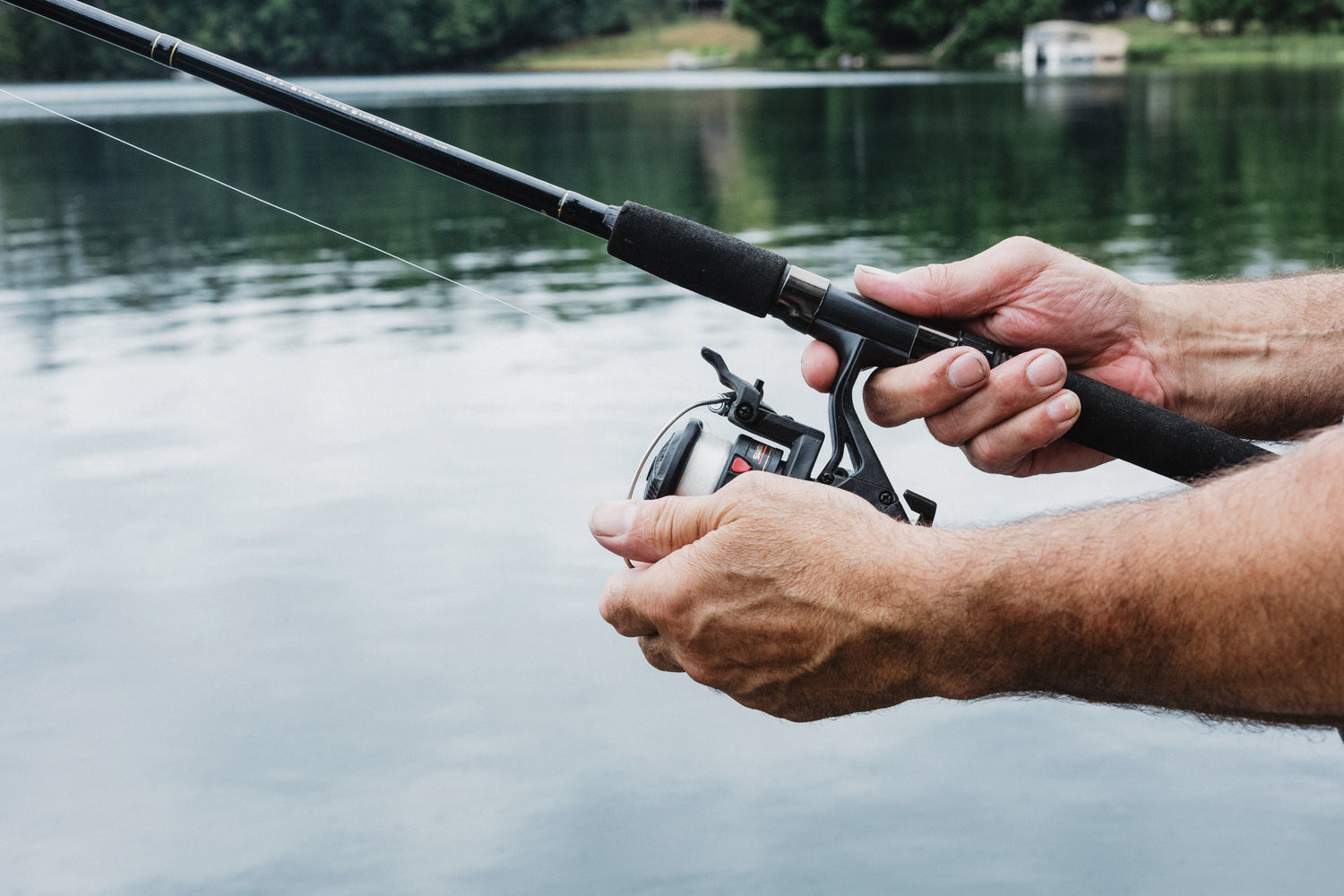
Final Thoughts
In Texas, boat insurance might not be required by law, but it often makes good financial sense. From protecting your vessel from unexpected damage to shielding yourself from liability claims, a well-rounded policy ensures smoother sailing, both on and off the water.
Thinking about getting coverage? Reach out to us and we can tailor a policy to your specific boating lifestyle, whether you're cruising lakes, rivers, or heading out to the Gulf.
Texas Auto Insurance
View all-

Do Multiple Car Insurance Claims Impact Your Ca...
Filing more than one car insurance claim in Texas can impact your rates, even if you weren’t at fault. Learn how multiple auto claims are viewed by insurers, when rates...
Do Multiple Car Insurance Claims Impact Your Ca...
Filing more than one car insurance claim in Texas can impact your rates, even if you weren’t at fault. Learn how multiple auto claims are viewed by insurers, when rates...
-

What’s the Safest Way for Your Dog or Cat to Ri...
Driving with your pet in Texas? Learn the safest way for dogs and cats to ride in a car, including the best restraints, carriers, and travel safety tips for road...
What’s the Safest Way for Your Dog or Cat to Ri...
Driving with your pet in Texas? Learn the safest way for dogs and cats to ride in a car, including the best restraints, carriers, and travel safety tips for road...
-

Car Insurance in San Antonio, TX
Searching for the best car insurance in San Antonio? Whether you're a new driver or just shopping for a better rate, get the best rate from a local agency that...
Car Insurance in San Antonio, TX
Searching for the best car insurance in San Antonio? Whether you're a new driver or just shopping for a better rate, get the best rate from a local agency that...
* Disclaimer: The information provided on this website is for general informational purposes only and does not constitute legal, financial, or insurance advice. Coverage options, terms, conditions, and exclusions vary based on individual circumstances and the policies issued. For specific details about your coverage, please refer to your policy documents or consult with a licensed insurance agent. Insurance Select is not responsible for any errors or omissions in the information provided or any actions taken based on it.



